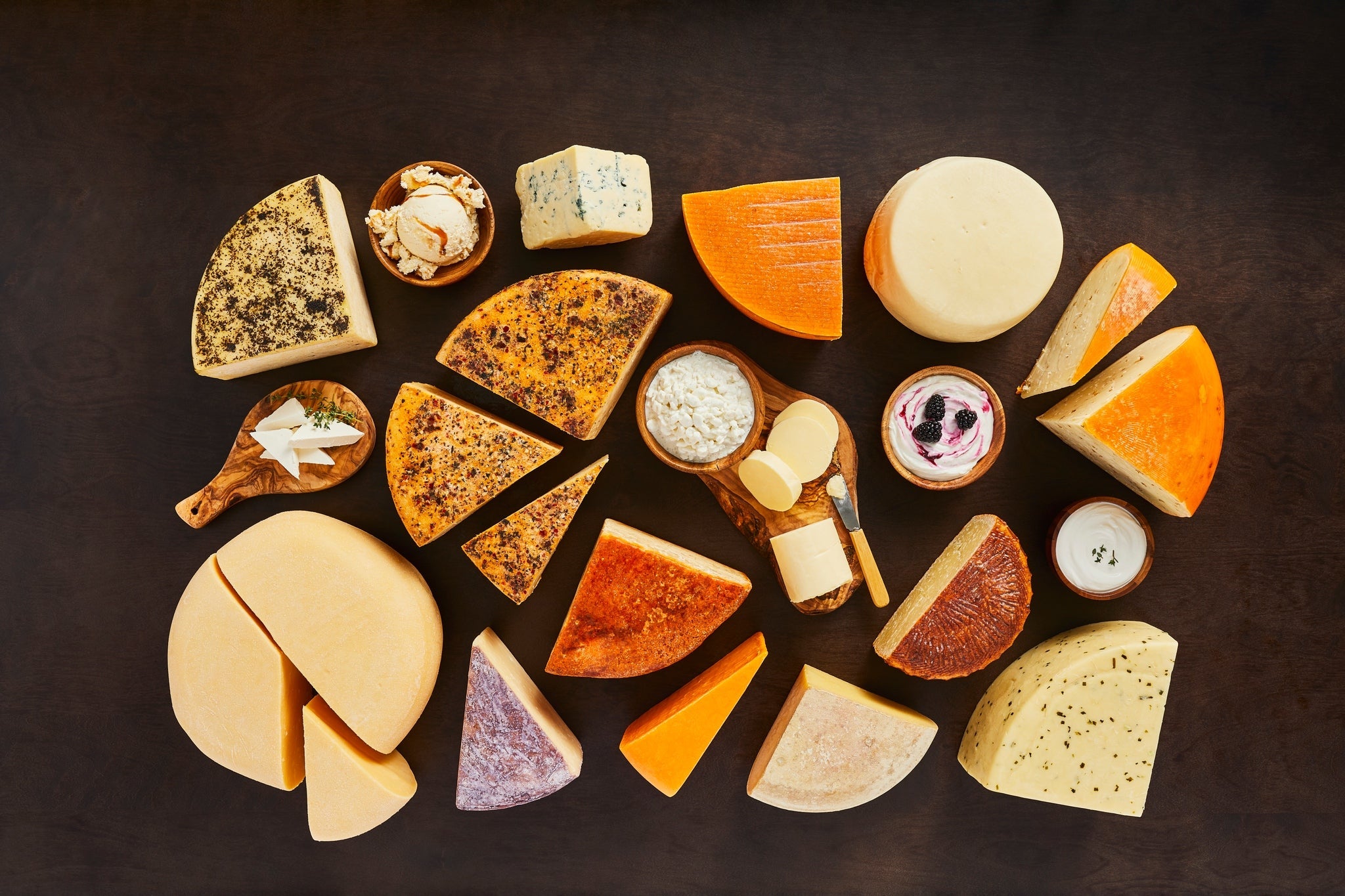Cheese, a beloved dairy product, has long been a staple in diets across the globe. From creamy Camembert to sharp Cheddar, cheese offers a plethora of flavors and textures that enhance any dish. However, many people wonder whether indulging in cheese could contribute to weight gain. This article aims to explore the truth about cheese consumption and its effects on your body, shedding light on its nutritional benefits and addressing common misconceptions.
The role of dairy in human diets is both historic and complex. For centuries, cheese has provided essential nutrients and a source of sustenance. Yet, in recent years, debates have emerged regarding its effect on health, particularly concerning weight management and weight loss. This discourse often leaves consumers puzzled about whether they should embrace or avoid cheese in their diets.
As we delve into this topic, it is crucial to separate fact from fiction. Understanding the nutritional profile of cheese and its place in a balanced diet can help you make informed choices. By examining both the myths and truths about cheese consumption, you can enjoy this versatile food without the guilt.
Understanding Cheese: Nutritional Profile
Cheese is a rich source of essential nutrients that play a vital role in maintaining health. It is packed with protein, calcium, and a variety of vitamins such as vitamin A, B12, and D. These nutrients are crucial for bone health, muscle maintenance, body transformation and overall bodily functions. Depending on the type of cheese, the nutrient content can vary significantly, offering options for diverse dietary needs.
Nutritional Components of Cheese:
- Protein: Cheese is an excellent source of high-quality protein, which is essential for muscle building and repair.
- Calcium: Vital for strong bones and teeth, cheese provides a significant portion of daily calcium intake.
- Vitamins A, B12, and D: These vitamins support immune function, mental health, and bone health, respectively.
Despite its rich nutrient profile, cheese is often criticized for its fat content. However, it is essential to note that not all fats are detrimental. Cheese contains both saturated and unsaturated fats, along with conjugated linoleic acid, which some studies suggest may aid in weight management and have potential health benefits.
The calorie content in cheese varies widely, with options ranging from lower-calorie varieties like cottage cheese to richer, more calorie-dense cheeses like blue cheese. Understanding these differences can help you incorporate cheese into your diet while aligning with your nutritional goals.
The Myths Surrounding Cheese and Weight Gain
Cheese has often been labelled as a "fattening" food, but this notion is largely based on misconceptions. One common myth is that all fats contribute equally to weight gain. However, the type and amount of fat consumed play a significant role in how the body processes it. The fats in cheese, particularly when consumed in moderation, can be part of a balanced diet.
Another myth is that dairy products, including cheese, inherently lead to weight gain. While it is true that excessive consumption of high-calorie foods can contribute to weight gain, moderate cheese consumption does not automatically result in increased body fat. Studies have shown that dairy products can be part of a healthy weight management plan when included as part of a balanced diet.
Debunking Cheese Myths:
- All fats cause weight gain: Not all fats are created equal; cheese contains beneficial fats that, when consumed in moderation, do not necessarily lead to weight gain.
- Cheese equals high calories: While some cheeses are calorie-dense, portion control and mindful consumption can mitigate this concern.
- Dairy causes weight gain: Dairy, including cheese, can be part of a balanced diet and may support weight management when consumed appropriately.
Understanding these myths and the facts behind them empowers you to make informed dietary choices, incorporating cheese into your meals without fear of unwanted weight gain.
The Role of Cheese in a Balanced Diet
Incorporating cheese into a balanced diet involves understanding its nutritional value and how it can complement other food groups. Cheese can enhance the flavor and nutritional profile of various meals, from salads to sandwiches, providing essential nutrients that might otherwise be lacking.
Cheese offers a source of high-quality protein, which is crucial for muscle growth and repair. It also provides calcium, supporting bone health. When paired with whole grains, fruits, and vegetables, cheese can contribute to a well-rounded and satisfying meal.
Balanced Diet Tips:
- Pair with Vegetables: Add cheese to salads or vegetable dishes to boost flavor and nutrient content.
- Portion Control: Enjoy cheese in moderation to avoid excess calorie intake.
- Diversify Cheese Choices: Explore different types of cheese to benefit from a variety of nutrients.
By integrating cheese into a nutritious diet, you can enjoy its flavors and health benefits while maintaining a balanced and healthy lifestyle.
Comparing Cheese to Other Snack Options
When it comes to snacking, cheese can be a healthier alternative to many processed snacks. Unlike chips or sugary treats, cheese provides protein and essential nutrients that can keep you satisfied between meals. It offers a substantial and nutritious option that curbs hunger and supports energy levels.
Cheese vs. Common Snack Choices:
|
Snack |
Protein Content |
Nutritional Value |
|
Cheese |
High |
Rich in calcium, vitamins, and healthy fats |
|
Potato Chips |
Low |
High in unhealthy fats and empty calories |
|
Candy Bars |
Low |
High in sugars, low in essential nutrients |
|
Nuts |
Moderate |
High in healthy fats, protein, and fiber |
While nuts offer another healthy option, cheese provides a unique set of nutrients that are beneficial for bone health and muscle function. Choosing cheese over less nutritious snacks can support your dietary goals, providing a satisfying and healthful alternative.
Health Benefits of Cheese
Beyond its nutritional profile, cheese offers several health benefits that contribute to overall well-being. Its calcium and protein content support bone health and muscle maintenance, while certain compounds in cheese may promote cardiovascular health.
Cheese contains probiotics, particularly in varieties like blue cheese and mozzarella, which can support gut health. These beneficial bacteria aid digestion and may enhance immune function. Moreover, some studies suggest that cheese consumption might be linked to a reduced risk of heart disease when part of a balanced diet.
Health Benefits of Cheese:
- Supports Bone Health: High calcium content strengthens bones and teeth.
- Promotes Muscle Growth: Quality protein aids muscle repair and growth.
- Enhances Gut Health: Probiotics in certain cheeses support digestion.
Recognizing these benefits allows you to appreciate the positive impact cheese can have on your health, making it a valuable addition to your diet.
The Impact of Cheese on Metabolism
Cheese can influence metabolism in several ways, primarily through its protein and fat content. Protein is known to boost metabolism by increasing the thermic effect of food, meaning your body burns more calories digesting it. Meanwhile, the fats in cheese can provide sustained energy, helping to regulate appetite and prevent overeating.
The presence of conjugated linoleic acid (CLA) in cheese has been studied for its potential to enhance metabolic rate and support weight management. Although research is ongoing, some findings suggest that CLA may help reduce body fat and improve overall metabolic health.
Metabolic Effects of Cheese:
- Increases Thermic Effect: Protein-rich cheese boosts calorie burning.
- Provides Sustained Energy: Healthy fats support long-lasting energy.
- Potential CLA Benefits: Some studies indicate CLA may aid metabolism.
By understanding these effects, you can harness the metabolic benefits of cheese, supporting your body's energy needs and weight management goals.
Moderation vs. Excess: Finding the Balance
While cheese offers numerous benefits, moderation is key to maximizing its advantages without overconsumption risks. Enjoying cheese in appropriate portions can help you savor its flavors and nutritional benefits without contributing to excessive calorie intake.
Tips for Moderation:
- Mindful Portions: Stick to recommended serving sizes to avoid overeating.
- Balance with Other Foods: Pair cheese with fruits and vegetables for a balanced meal.
- Choose Lower-Calorie Varieties: Opt for lighter cheeses to manage caloric intake.
Finding the right balance allows you to enjoy cheese as part of a healthy and varied diet, appreciating its flavors while maintaining dietary goals.
Tips for Including Cheese in Your Diet Healthily
Incorporating cheese into your diet can be both enjoyable and nutritious. Here are some tips to help you include cheese healthily:
Cheese Consumption Tips:
- Opt for Variety: Explore different cheese types to benefit from diverse nutrients.
- Pair with Fiber-Rich Foods: Combine cheese with whole grains and vegetables for a balanced meal.
- Moderate Portions: Stick to serving sizes to manage calorie intake effectively.
By following these guidelines, you can enjoy cheese in a way that complements your dietary preferences and health objectives.
Conclusion: Making Informed Choices About Cheese
In conclusion, cheese can be a nutritious and delicious addition to your diet when consumed in moderation. Understanding its nutritional profile, debunking myths, and exploring its health benefits empower you to make informed dietary choices. Cheese offers essential nutrients, supports metabolism, and provides a satisfying alternative to less nutritious snacks.
As you incorporate cheese into your diet, remember to balance it with other food groups and be mindful of portion sizes. By doing so, you can enjoy the flavors and benefits of cheese while maintaining a healthy lifestyle.
Explore the world of cheese and enhance your meals with its rich flavors and nutritional benefits. Remember, moderation is key, and making informed choices will allow you to enjoy cheese as part of a balanced, healthful diet. Start experimenting with different cheese types today and discover how it can elevate your culinary experiences!











Leave a comment